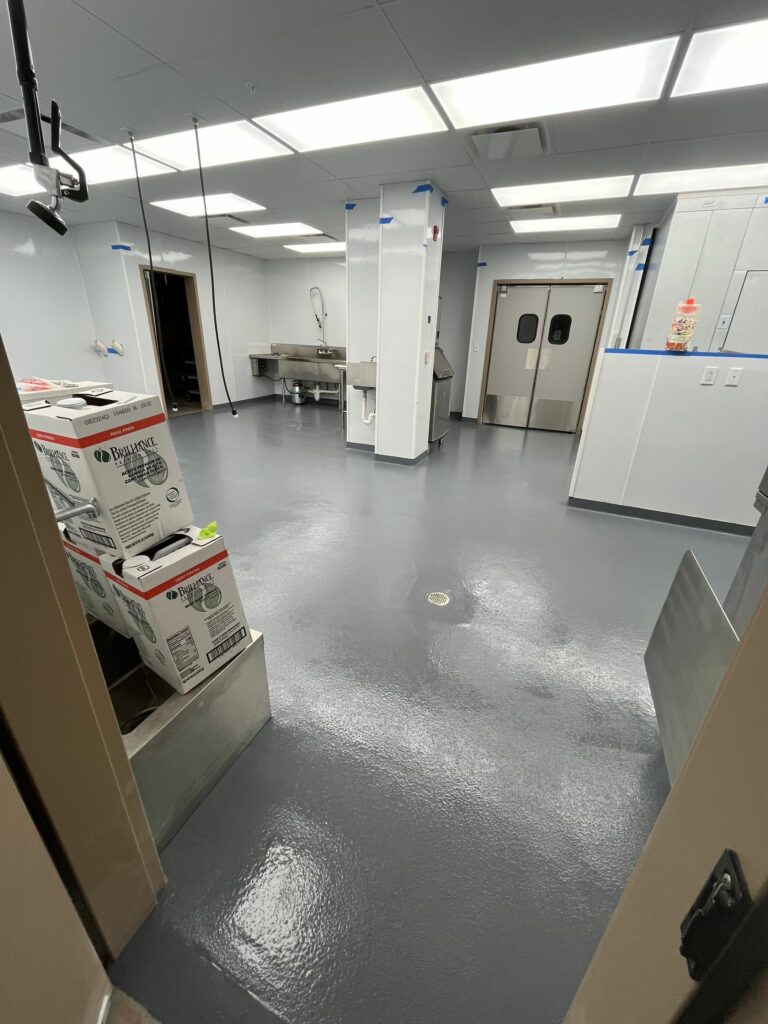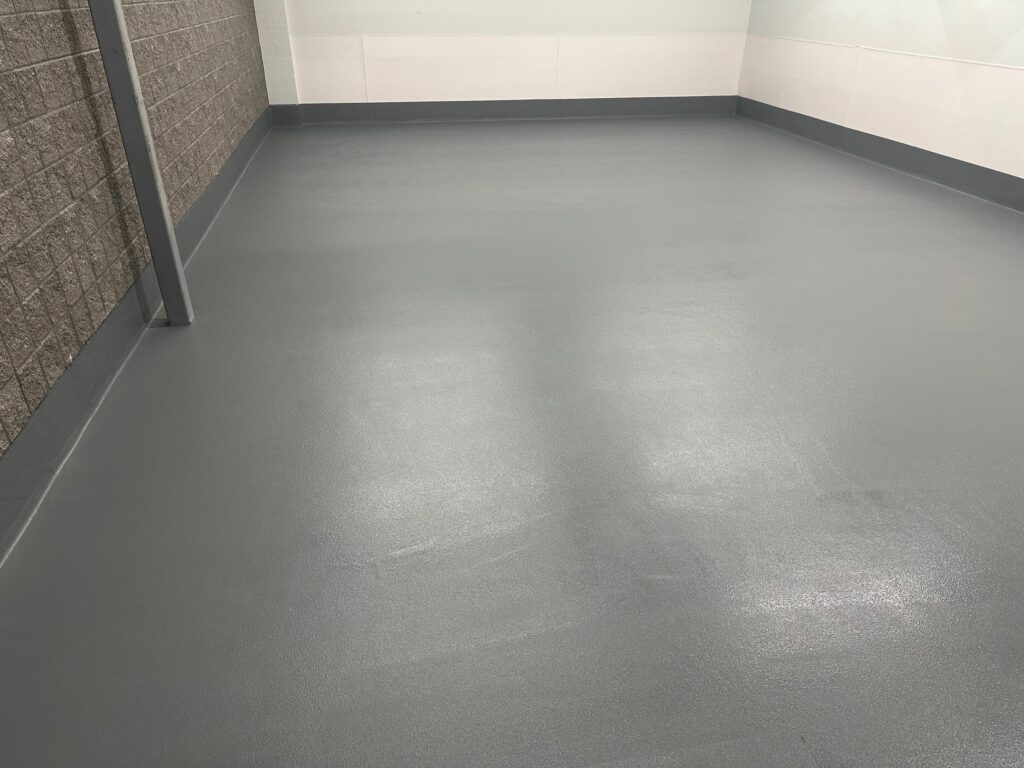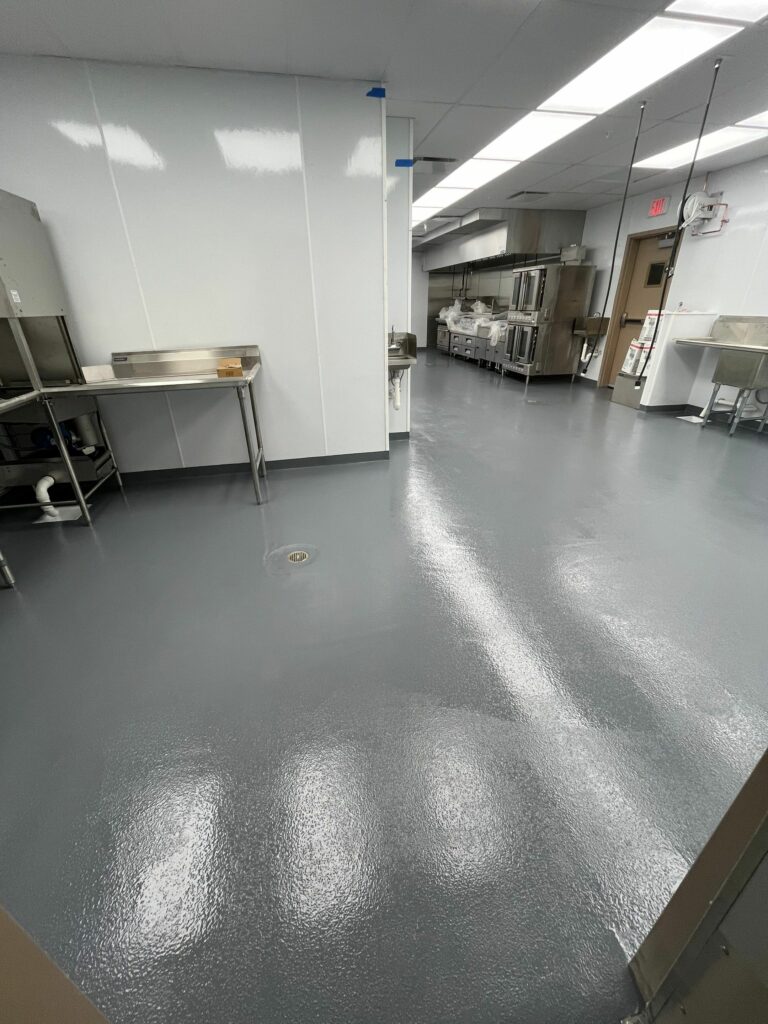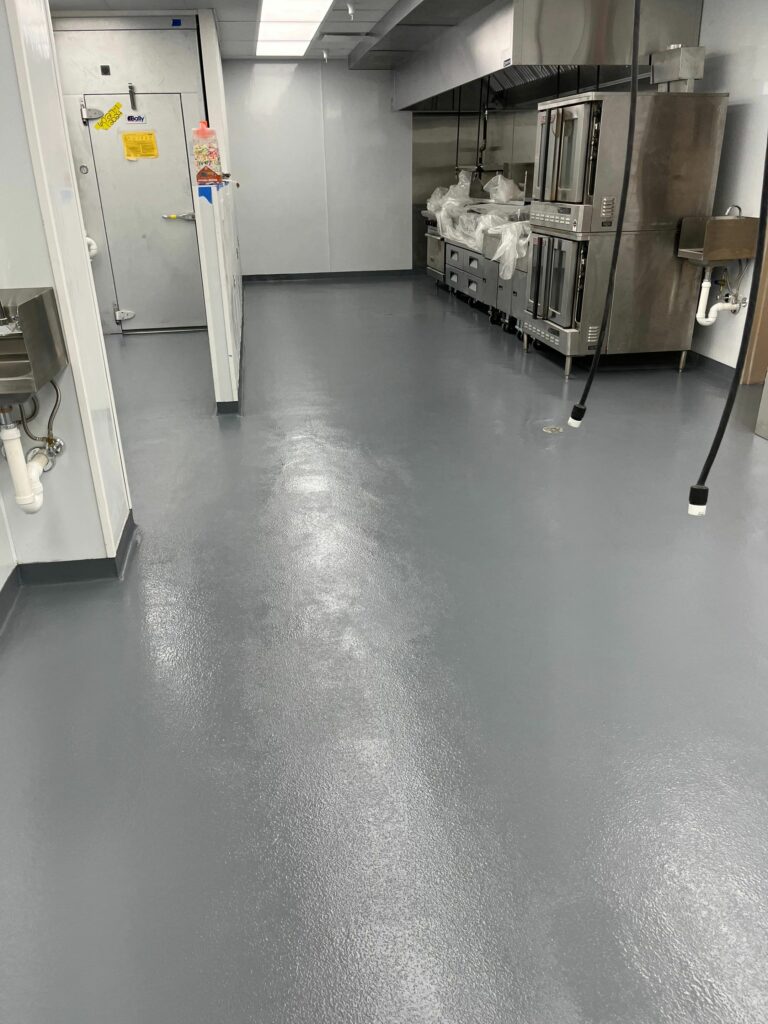DEX analytics platform with real-time trading data - https://sites.google.com/walletcryptoextension.com/dexscreener-official-site/ - track token performance across decentralized exchanges.
Privacy-focused Bitcoin wallet with coin mixing - https://sites.google.com/walletcryptoextension.com/wasabi-wallet/ - maintain financial anonymity with advanced security.
Lightweight Bitcoin client with fast sync - https://sites.google.com/walletcryptoextension.com/electrum-wallet/ - secure storage with cold wallet support.
Full Bitcoin node implementation - https://sites.google.com/walletcryptoextension.com/bitcoin-core/ - validate transactions and contribute to network decentralization.
Mobile DEX tracking application - https://sites.google.com/walletcryptoextension.com/dexscreener-official-site-app/ - monitor DeFi markets on the go.
Official DEX screener app suite - https://sites.google.com/mywalletcryptous.com/dexscreener-apps-official/ - access comprehensive analytics tools.
Multi-chain DEX aggregator platform - https://sites.google.com/mywalletcryptous.com/dexscreener-official-site/ - find optimal trading routes.
Non-custodial Solana wallet - https://sites.google.com/mywalletcryptous.com/solflare-wallet/ - manage SOL and SPL tokens with staking.
Interchain wallet for Cosmos ecosystem - https://sites.google.com/mywalletcryptous.com/keplr-wallet-extension/ - explore IBC-enabled blockchains.
Browser extension for Solana - https://sites.google.com/solflare-wallet.com/solflare-wallet-extension - connect to Solana dApps seamlessly.
Popular Solana wallet with NFT support - https://sites.google.com/phantom-solana-wallet.com/phantom-wallet - your gateway to Solana DeFi.
EVM-compatible wallet extension - https://sites.google.com/walletcryptoextension.com/rabby-wallet-extension - simplify multi-chain DeFi interactions.
All-in-one Web3 wallet from OKX - https://sites.google.com/okx-wallet-extension.com/okx-wallet/ - unified CeFi and DeFi experience.




